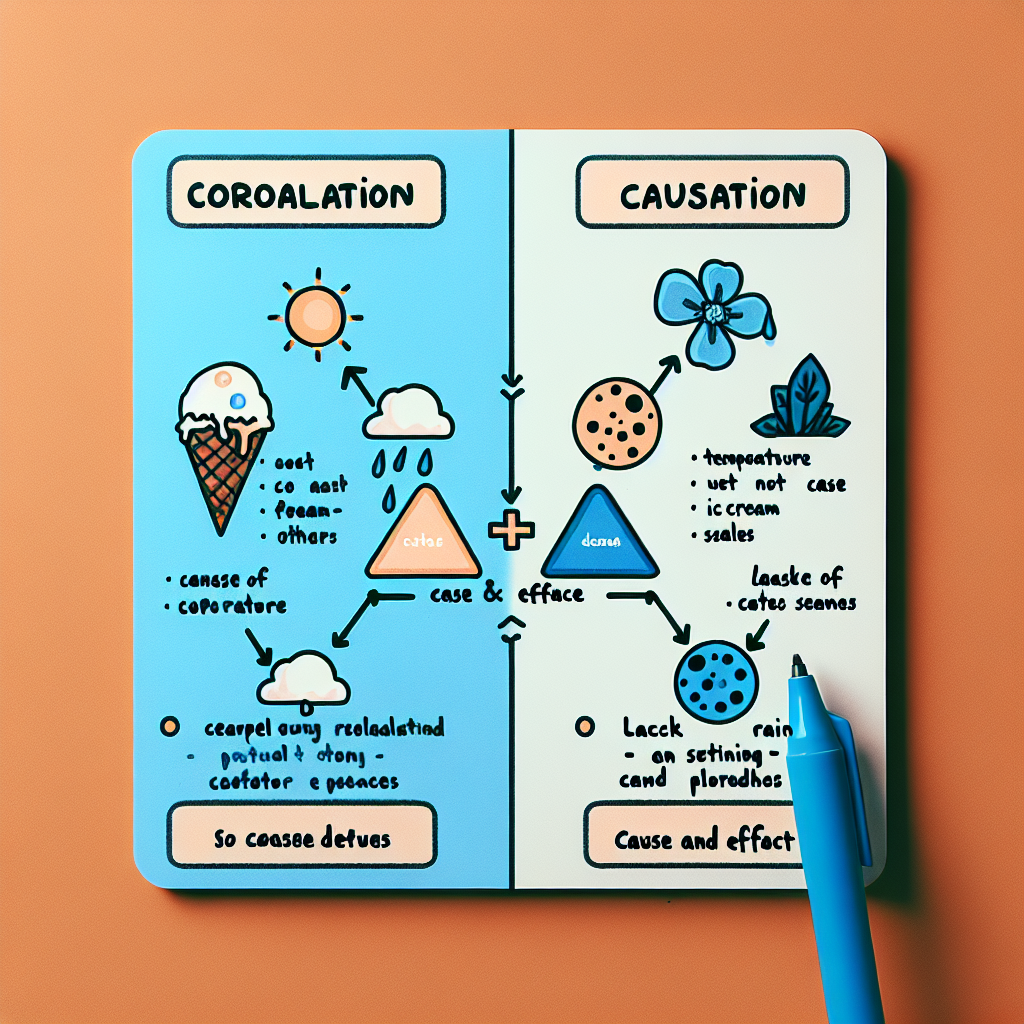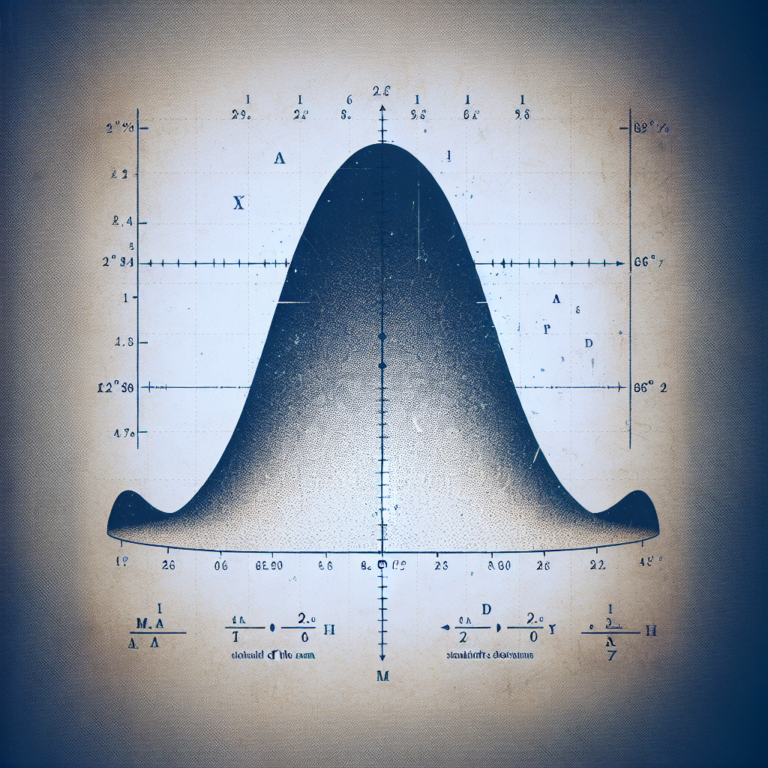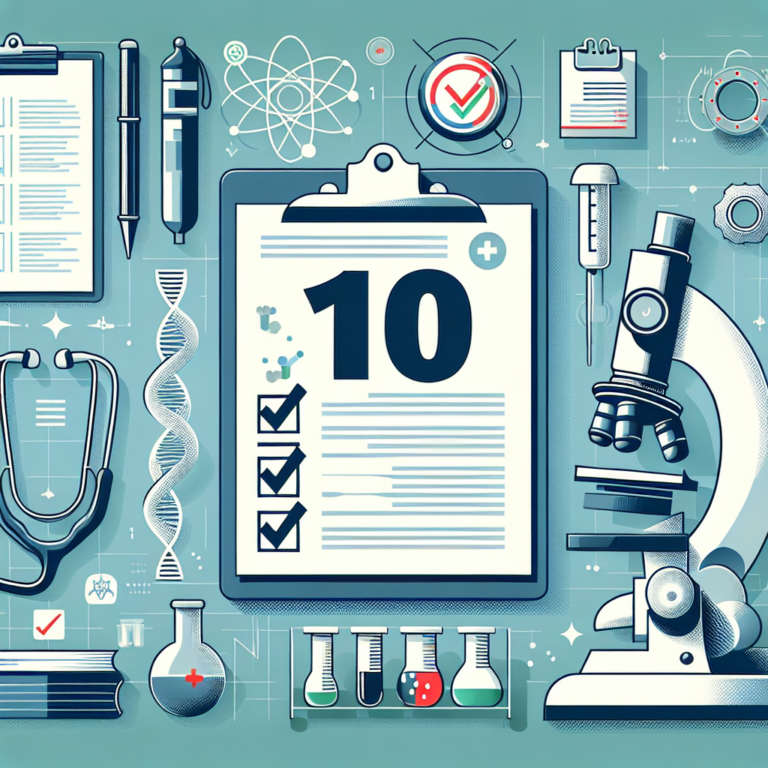Correlation and causation are two terms that are often confused and misunderstood, but they play a crucial role in the field of statistics, especially when it comes to drawing conclusions from data. As a medical doctor, understanding the difference between correlation and causation is essential when making critical decisions based on statistical analysis. At StatisMed, we specialize in providing statistical analysis services tailored to the needs of medical professionals. In this article, we will dive into the concept of correlation and causation, explaining what you need to know to make informed decisions based on data.
Table of Contents
Understanding Correlation
Correlation refers to a statistical measure that describes the extent to which two variables change together. When two variables are correlated, changes in one variable are associated with changes in the other variable. However, it’s essential to note that correlation does not imply causation. In other words, just because two variables are correlated does not mean that one variable causes the other to change.
For example, studies have shown a strong positive correlation between ice cream sales and drowning incidents. Does this mean that eating ice cream causes people to drown? Of course not! The correlation between ice cream sales and drowning incidents is likely due to a third factor, such as hot weather, which increases both ice cream sales and the likelihood of swimming and, consequently, drowning incidents.
The Difference Between Correlation and Causation
Causation, on the other hand, refers to a relationship between cause and effect. In a causal relationship, one variable directly influences the other, leading to a cause-and-effect connection. While correlation can provide valuable insights into the relationship between variables, it does not prove causation.
To illustrate this point, let’s consider a study that finds a negative correlation between the number of hours spent exercising and weight gain. While the correlation suggests that increased exercise is associated with lower weight gain, it does not definitively prove that exercise causes weight loss. Other factors, such as diet, metabolism, and genetics, may also play a role in determining weight gain or loss.
Identifying Causation
Determining causation requires rigorous investigation and the careful control of confounding variables. Controlled experiments, where one variable is manipulated to observe its effect on another variable, are commonly used to establish causal relationships. By controlling for other factors that could influence the outcome, researchers can isolate the effect of the variable of interest and establish a causal link.
As a medical professional, it is essential to approach data analysis with caution and critical thinking. When interpreting statistical results, consider the difference between correlation and causation and the factors that could confound the relationship between variables. At StatisMed, we understand the importance of accurate and reliable data analysis in the medical field, which is why we offer specialized statistical analysis services tailored to healthcare professionals.
Conclusion
In conclusion, correlation and causation are fundamental concepts in statistics that play a significant role in drawing meaningful insights from data. Understanding the distinction between correlation and causation is essential for making informed decisions based on statistical analysis. Remember that correlation does not imply causation, and establishing causation requires rigorous investigation and control of confounding variables.
If you’re looking for statistical analysis services tailored to the needs of medical professionals, StatisMed is here to help. Visit our services page to learn more about how we can assist you, or contact us to request a quote. Make informed decisions based on data with StatisMed by your side.
[ad_2]




